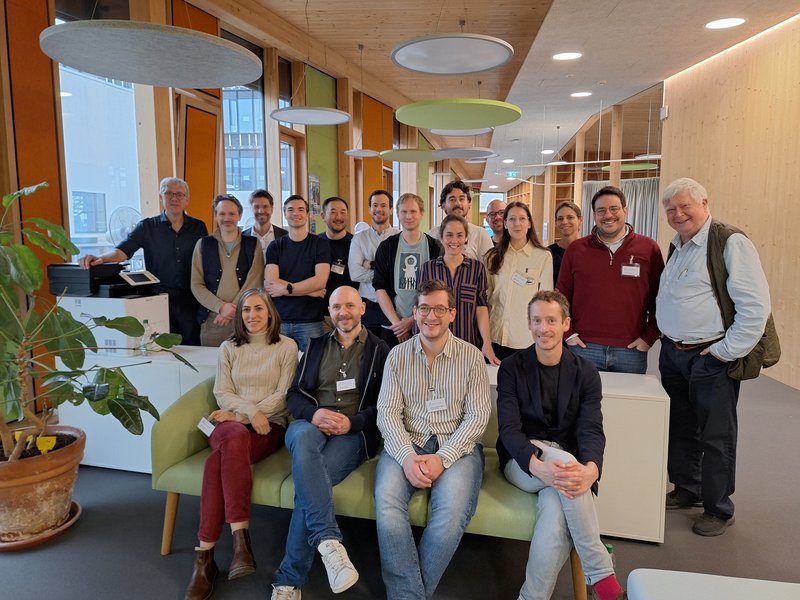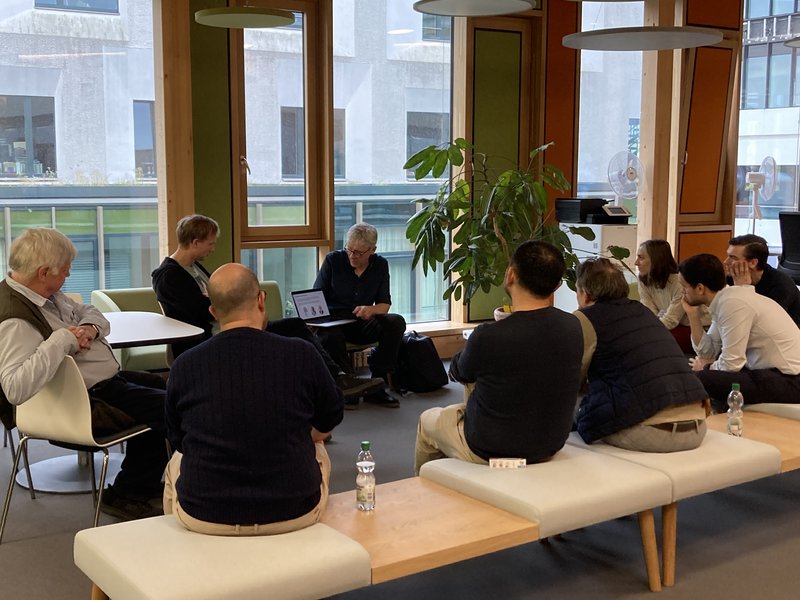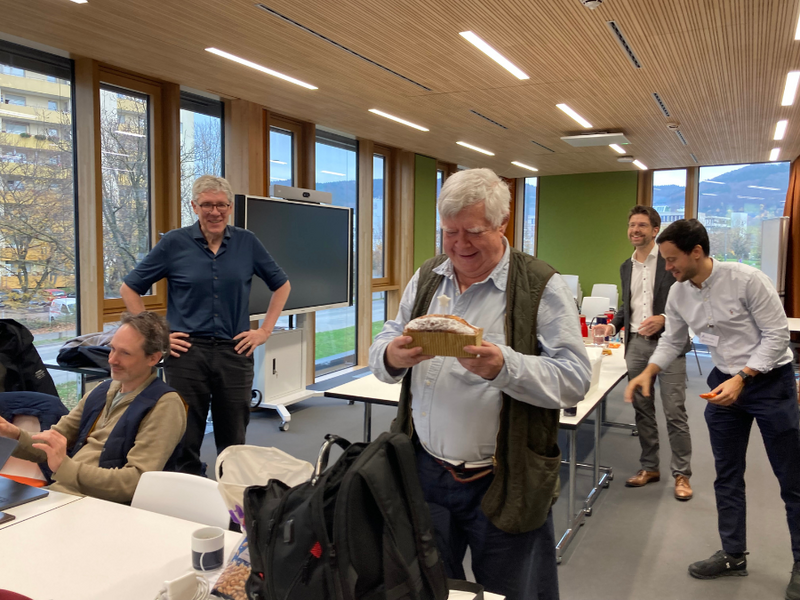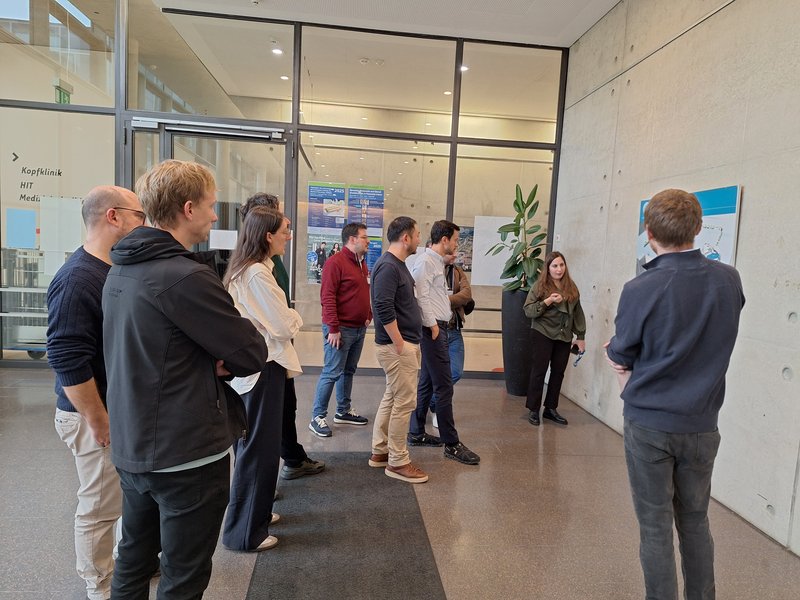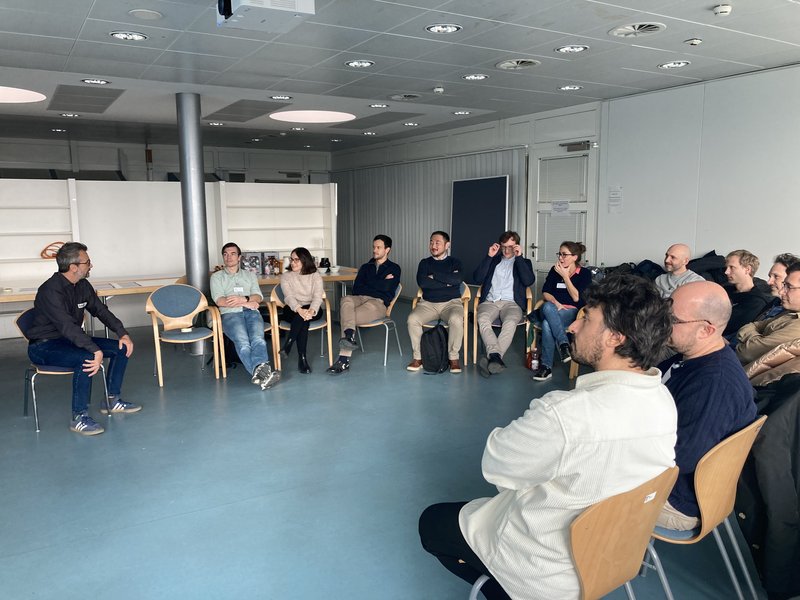CCE TRYTRAC Advanced Program at NCT Heidelberg/DKFZ: Focus on Precision Oncology
From 13 to 15 November 2025, early-career leaders and researchers from across Europe met for the second in-person workshop of the Cancer Core Europe (CCE) TRYTRAC Advanced Program*. The event took place at the National Center for Tumor Diseases (NCT) Heidelberg and the German Cancer Research Center (DKFZ), planned and coordinated by the team led by Stefan Fröhling. The workshop aimed to strengthen collaboration within CCE and to discuss the latest developments in patient-centered cancer research.
Participants explored topics such as immunotherapy, risk-adapted prostate cancer screening, personalized patient care, and patient involvement in research projects. Translational oncology in both adults and children, as well as innovative therapeutic approaches such as immunovirotherapy, were also on the agenda.
In addition to scientific presentations, the program included laboratory tours of state-of-the-art NCT Heidelberg facilities and workshops on leadership, team collaboration, and professional development. A particular focus was on exchanging experiences related to career paths and CV building. The activities were rounded off with a joint walk through Heidelberg’s historic old town. TRYTRAC co-founder and mentor Ingemar Ernberg from the Karolinska Institute in Stockholm also participated – even on his birthday – and actively guided the participants through the program.
The workshop offered not only scientific input but also space for networking and the exchange of interdisciplinary perspectives. It demonstrated impressively how European centers work together to drive innovation in cancer medicine and strengthen patient-centered research.
Further impressions, photos, and the full workshop report are available on the Cancer Core Europe website.
*The CCE TRYTRAC program (Training program of Young leaders in TRAnslational Cancer) aims to train a new generation of decision-makers in translational cancer research.








